"American Beauty" Retrospective: How the Oscars Were Won, But A Legacy Lost
American Beauty never knew us as well as it thought it did, but that's (mostly) okay.
RetrospectiveA shocking upset forged in the immoral crucible of corrupt backdoor dealings. A foregone conclusion rooted in Hollywood nostalgia. A feel-good movie-of-the-moment powered to glory through sheer force of sentiment. Movies win Best Picture for different reasons and in different ways, but none have done so quite like American Beauty.
Arguably, no movie has ever been so universally lauded, feverishly praised without a hint of retrospective irony. We’d been there before, heaping adoration onto movies with reckless abandon, only to discover in a year that we couldn’t say exactly why we loved them so much in the first place. They are the bonafide cultural phenomena, the unstoppable exertions of cinematic will. It is not uncommon to see them waltz away with Oscar glory, but in such giddily self-reverential fashion as this? No.
This was the next stage in thematic evolution: a scathing appraisal not of American idealism, but of those who seek it. It was not based on a true story, but the truth of our own story. It was the indictment of middle-aged suburban futility that questioned the very foundation millions of Americans based their lives on.
Our marriages were fancy window dressing masking the mundane conformity of Western capitalism. Our children were self-loathing reflections of our failures, wallowing in self-pity and sucking the life out of us in a never-ending quest for greater meaning. We didn’t drive our dream car or work at our dream job. We didn’t love our spouse any more than they loved us. We were all trapped in an endless masquerade of our own making, many of us not realizing we were even trapped there at all.
This was wisdom in 1999, long before the Internet saturated our lives with constant streams of a now inescapable truth: we aren’t special. American Beauty existed and found success in the one time in our history it could have, when our lives seemed wholly individual, yet contradictorily communal.
In this vacuum, it soared so high that no film has ever been worshiped with such rabid wonderment. The cast of American Beauty was a collection of seasoned veterans and intriguing newcomers. Its soundtrack was a finely-curated collection of baby boomer throwbacks and modern indie darlings. It was an Annette Bening win shy of being the fourth film to win the "Big Five" Oscars and became a global phenomenon, not only grossing a whopping $356 million worldwide but successfully cracking Asian markets traditionally unkind to Western fare.
But of course, what goes up must come down, and what once seemed the preeminent film of 1990s cinema, a topical juggernaut impossible to age, did age... and badly. In hushed whispers, shrouded in darkness, the few people who still appreciate American Beauty gather to share their undying affection for a now-reviled movie, chastised for its pseudo-intellectualism and broad-spectrum examination of themes it only professes to understand. It’s an obtuse jumble of clichés stumbling their way to what ultimately amounts to a teenager's diary entry about how to understand the world.
American Beauty is about Lester Burnham, the prototypical suburban nightmare: a middle-aged white man, sexually frustrated and emotionally stunted, trapped in a lifeless marriage while he toils away at an underpaying, unappreciative office job. His sexual reawakening comes in the form of his teenage daughter’s friend, who indirectly inspires him to turn his life around in a foolish quest to bed her.
Ironically, the very thing for which the film is most criticized is the thing that allows it to succeed. For all its accused aimlessness, its commitment to trope is what gives it depth. We condemn the film for its predatory sexualization of youth, ignoring that 22 years on we’ve failed to resolve this societal flaw. Teenagers plaster themselves over the Internet in low-cut tops or sleeveless shirts, encouraged to develop their bodies to mimic adults just as they enter puberty. Makeup tutorials see young women enter high school trying their hand at being the next Cindy Crawford, met with resounding applause at owning their physicality.
Lester, who suffers through a monotonous slog of exploitative employment and emotional desertion, watches on disheartened as his wife, Carolyn, keenly tends to their garden in a purposefully matching ensemble, sharing her rose-blossoming secrets with their homosexual neighbor. He’s a hopeless employee of the oppressive American suburban ecosystem, she a complicit member of its self-actualizing philosophy that favors the abstract over the specific. They are the stereotypical middle-class American couple, from the bitter resentment of the emasculated husband to the willing dismissiveness of the ambitious, nagging wife.
Janie, the moody, insecure daughter, seeks breast augmentation surgery while employing a fake goth look as she strolls about town with self-proclaimed promiscuity icon Angela. Her reprieve from what she sees as a constricting, loveless existence comes from new next-door neighbor Ricky, whose dark platitudes about the meaning of life entice her. He equates a floating bag to the existence of incomprehensible “beauty,” remarking to her that “There’s nothing worse in life than being ordinary.” It’s an utterly empty premise, fueled by a total lack of meaning that isn't questionable because the idea in question isn’t objective. There is no concrete definition of what it means to be ordinary, or just why being so is the worst thing imaginable. It’s the ultimate teenage contrivance, the sort of faux-acidic bumper sticker wisdom that powers adolescent world views.
Ricky’s father, Colonel Fitts, externalizes his repressed sexuality with rampant homophobia, scolding Ricky for not being appropriately repulsed by gay relationships and telling his son he’d rather see him dead than homosexual. He’s brought the service home with him, spending his weeknights watching Reveille sitcoms that harken back to the world most familiar to him, as though the real world hasn’t changed at all. There are millions of American men like him right now, lounging in their recliners watching Fox News, bemoaning the injustice of the country they fought to protect being overrun with liberal sycophants and twisted, new age values.
Is this not life? Do we not allow ourselves to fall into broad obscurity, marching in a line of endless conformity that masks our emptiness with a veneer of achievement? We have the marriage. We have the family. We have the career. We have satisfied the bare minimum requirements for the American ideal without asking if we’ve truly found happiness for ourselves. The ideal is a fallacy, an empty promise we keep simply for the sake of it, with so few of us even realizing it. If we do, it’s extramarital dalliances, fractured familial relationships, and financial strife galore. We are clichés, and American Beauty knows it.
The problem is that once it stops knowing it, and becomes the very thing it despises, it undoes itself. The small details that get so boldly pronounced, like the plain, barren office in which Lester works, or Janie being a step behind in the dance routine she’d worked weeks to perfect, vanish.
Gone are the mirror moments that speak to the average American worker, forced to beam at their superiors simply for requesting a meeting. Gone are the familiar discussions of property disputes, like one regarding an overhanging tree, a mockery of the seriousness with which we take minor inconveniences while ignoring the fruits life has to offer. The discarding of subtext disappears. It attempts to subvert when its greatest strength was slapping you across the face.
In fairness, it was inevitable. It is the very nature of movies: as they begin, they must also end, and thus there must be a middle part where it realizes itself, in this case too much. When Colonel Fitts suspects his son is having an affair with Lester, he exposes his latent homosexuality by making a pass at him, but not before Lester assures him his marriage is a farce, nothing more than a stitched together advertisement for normalcy when he and Carolyn are “anything but.”
This flies in the face of all the movie stands for: our definition of normalcy, a vice grip of clichés that turn us into walking, talking versions of them, is a façade, and a ludicrous, transparent one at that. We’ve become seekers of something unattainable and sold our souls to do it. Lester and Carolyn do not transcend this simply because one of them wants to sleep with an underage girl and the other gropes a married man at a fast-food drive-thru. There’s been some realization, but the veneer hasn’t shattered.
They’re still married. They still face temptation and resentment. They still lack true purpose and motivation. They’re not undoing cliché, simply finding new ones. Is there anything groundbreaking about an oversexed man toiling away in a mid-life crisis, or a career woman blinded by ambition that liberates herself through a torrid affair? Janie only finds self-belief through her relationship with a boy, and his lifestyle will define her as she submits to his illegal career path in an ill-conceived plan to flee home. Is the teenage runaway, hopelessly in love with a pretentious bad boy, anything new?
Ultimately, Lester does come to an epiphany: life’s simplicity has value. The clichés we fight to break free from are layered to our satisfaction if only we take the time to realize it, but it’s too late for the movie to convince us it knew this all along, especially considering he only realizes this after he’s undressed a teenage girl who confesses to being a virgin. Her destructive reveal is the tainting of that greener grass upon which we always gaze. Lester knows now it was an invention of his own mind. But what does that truly mean, whether it be about him or about life or about anything at all?
We could argue the point, but it would be an exercise in futility. American Beauty asks a question it cannot answer and thus fails as the very thing it attempts. All of the constructions we fortify our minds with crumble, and what rattled within that cage will break free. Eventually, we return from a new Hell masked as the Heavens, and Earth will be just as it was when we thought we left it.
The movie tries to illuminate what we should do with the realization in Lester’s closing monologue about the simple recollections of his life and how appreciative we should be of the small moments that make life “beautiful.” It fails because it did not lay a foundation upon which it could succeed. Ideas like these are general in empathy but singular in sympathy; we all know them to be true, but truth experiences minor deviations from person to person. Sadly, American Beauty doesn’t know this.
American Beauty seemed more profound at the turn of the century, years removed from the tech boom that would shatter the disconnectedness that made our difficulties seem special, and the dissection of them profound. Years on, however, there’s little to recommend American Beauty once it lectures us on the nature of life through ham-fisted remarks about relishing being freaks or valuing property over posterity. If ever we didn’t know this struggle wasn’t unique, we know it now, but it’s not because American Beauty told us. For all its droplets of piano and plainly-colored cinematography, both mood-setters for a film that struggles to maintain its tone, it lacks the conviction to say something beyond the obvious and condescending when it gets forced to say anything at all.
On the other hand, when it’s telling us that we have nothing to say, there’s a masochistic pleasure in watching it. American Beauty won’t rage on Netflix anytime soon, but it retains the qualities that mesmerized us in 1999. It's biting, though not as much as it seemed 22 years ago. It’s caustic, though not as much as it seemed 22 years ago. It’s scathing, though, again, not as much as it seemed 22 years ago. Still, for what it gets wrong, what it gets right still holds a punitive resonance all these years on, even if we don’t want to admit it. It’s there, plain as day and true as ever, if only we look closer.

73
Director - Sam Mendes
Studio - DreamWorks
Runtime - 122 minutes
Release Date - September 15, 1999
Cast:
Kevin Spacey - Lester Burnham
Annette Bening - Carolyn Burnham
Thora Birch - Jane Burnham
Mena Suvari - Angela Hayes
Wes Bentley - Ricky Fitts
Chris Cooper - Col. Frank Fitts
Peter Gallagher - Buddy Kane
Allison Janney - Barbara Fitts
Scott Bakula - Jim Olmeyer
Editor - Tariq Anwar, Christopher Greenbury
Score - Thomas Newman
Cinematography - Conrad L. Hall
Screenplay - Alan Ball

%20(13%20x%206%20in)%20(13%20x%204%20in).png)
.png)
.jpeg)
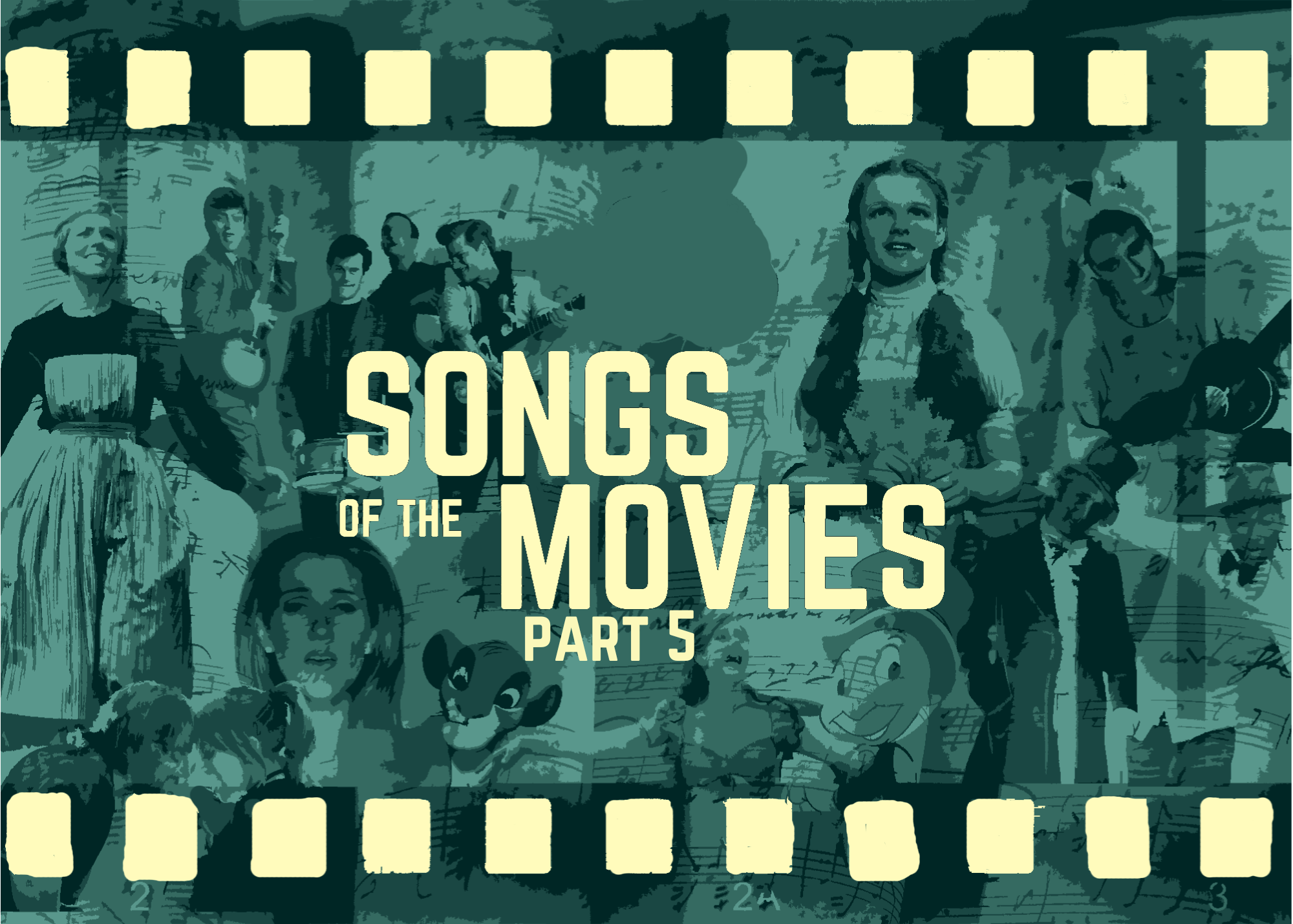
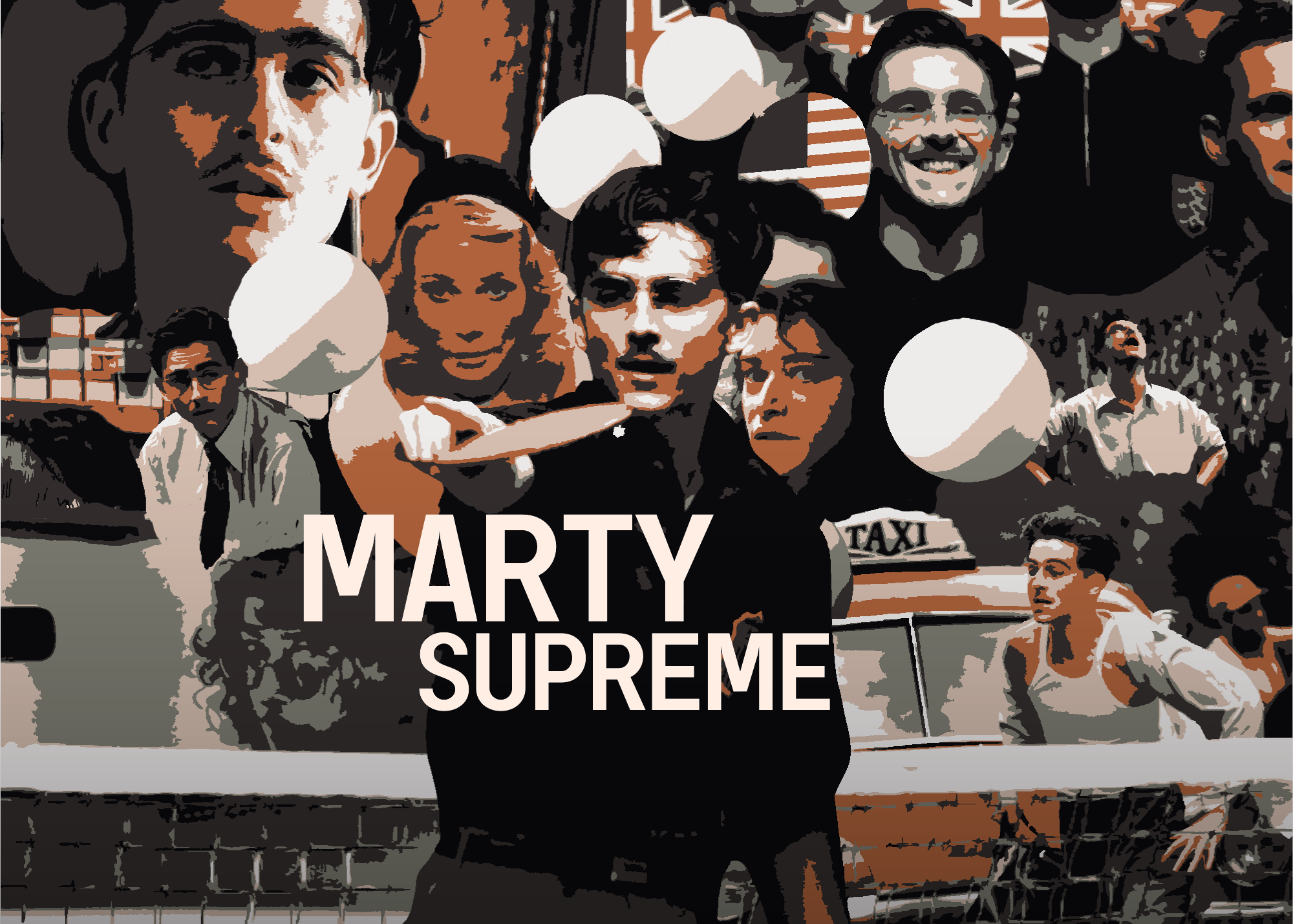
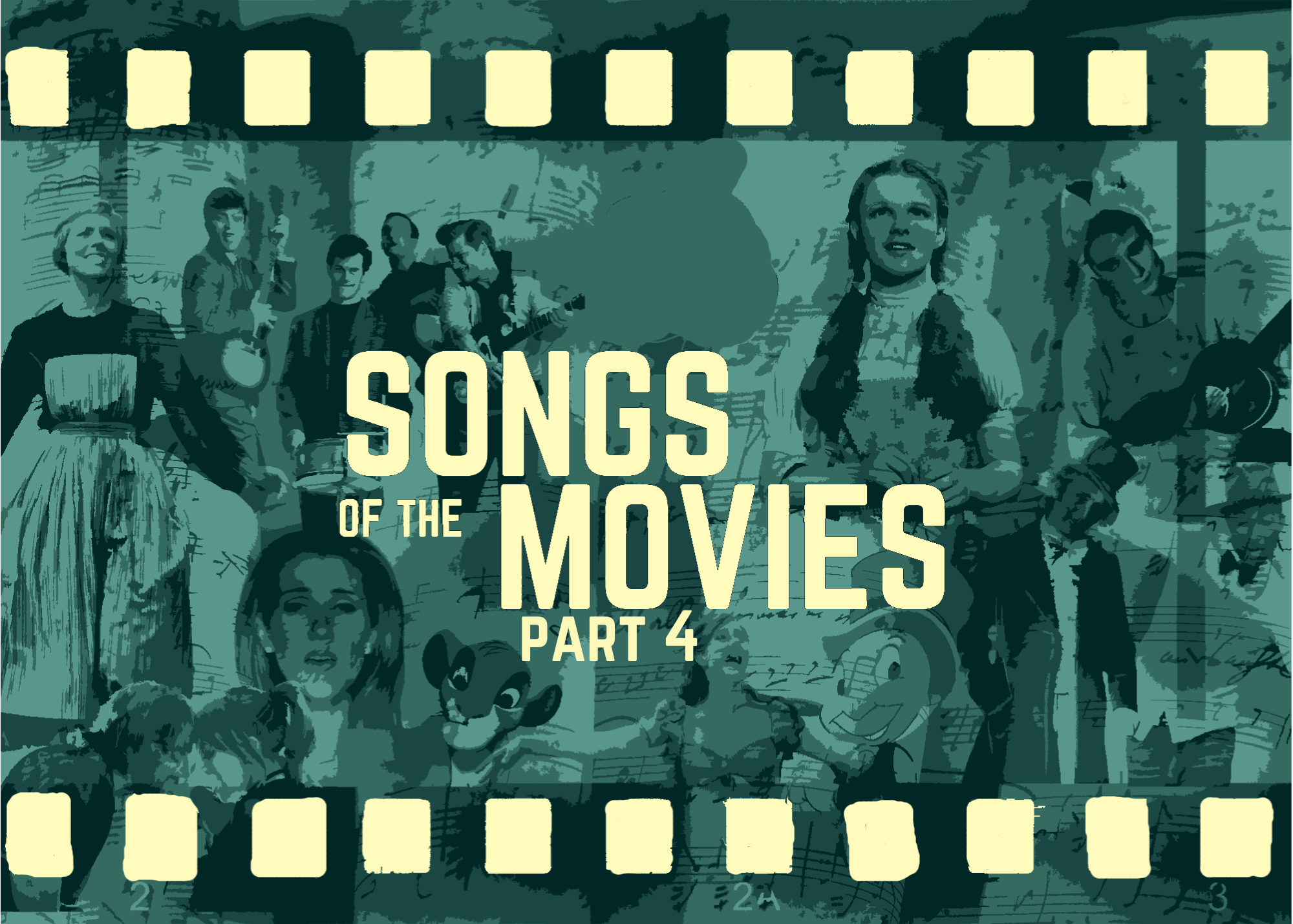
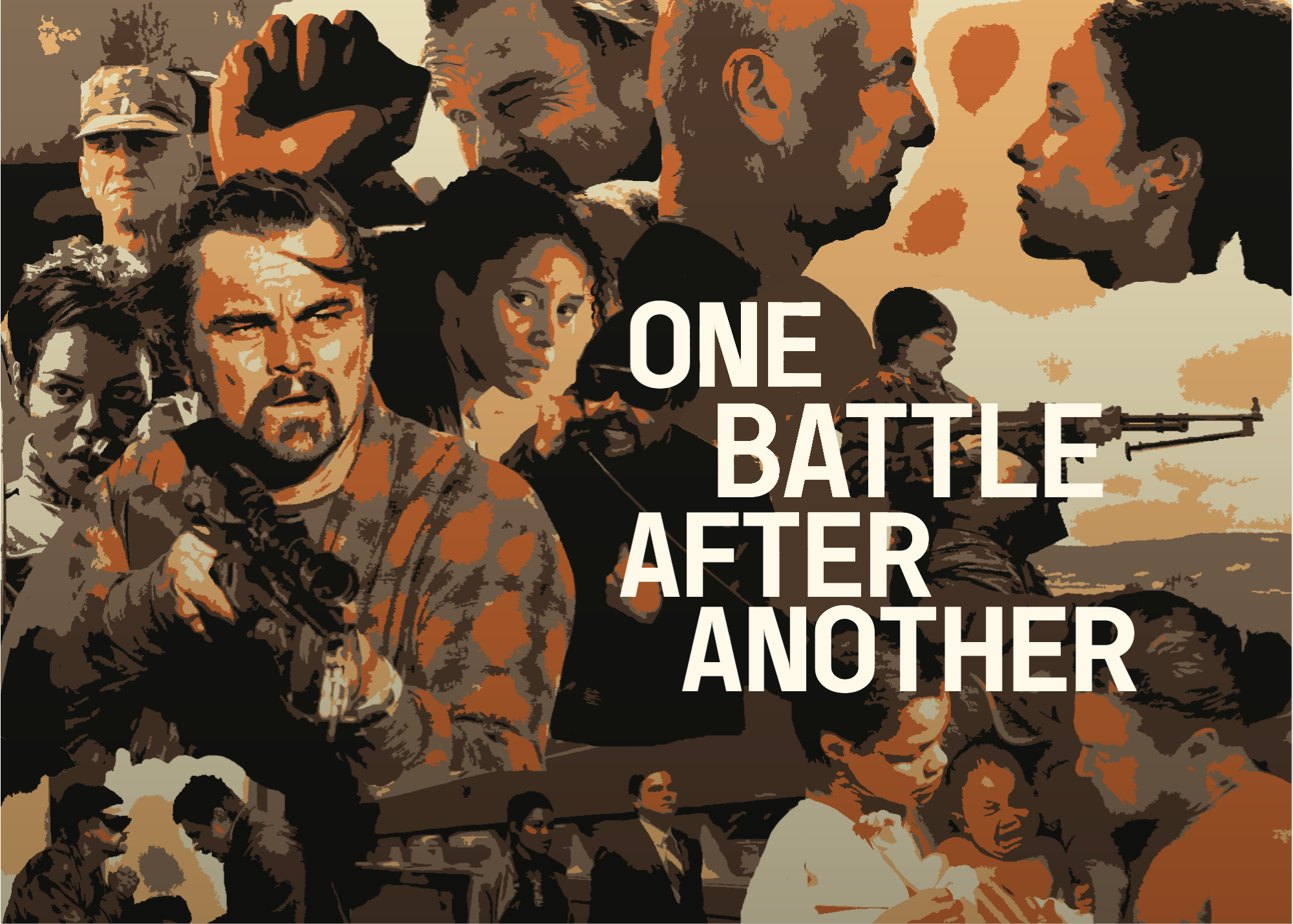
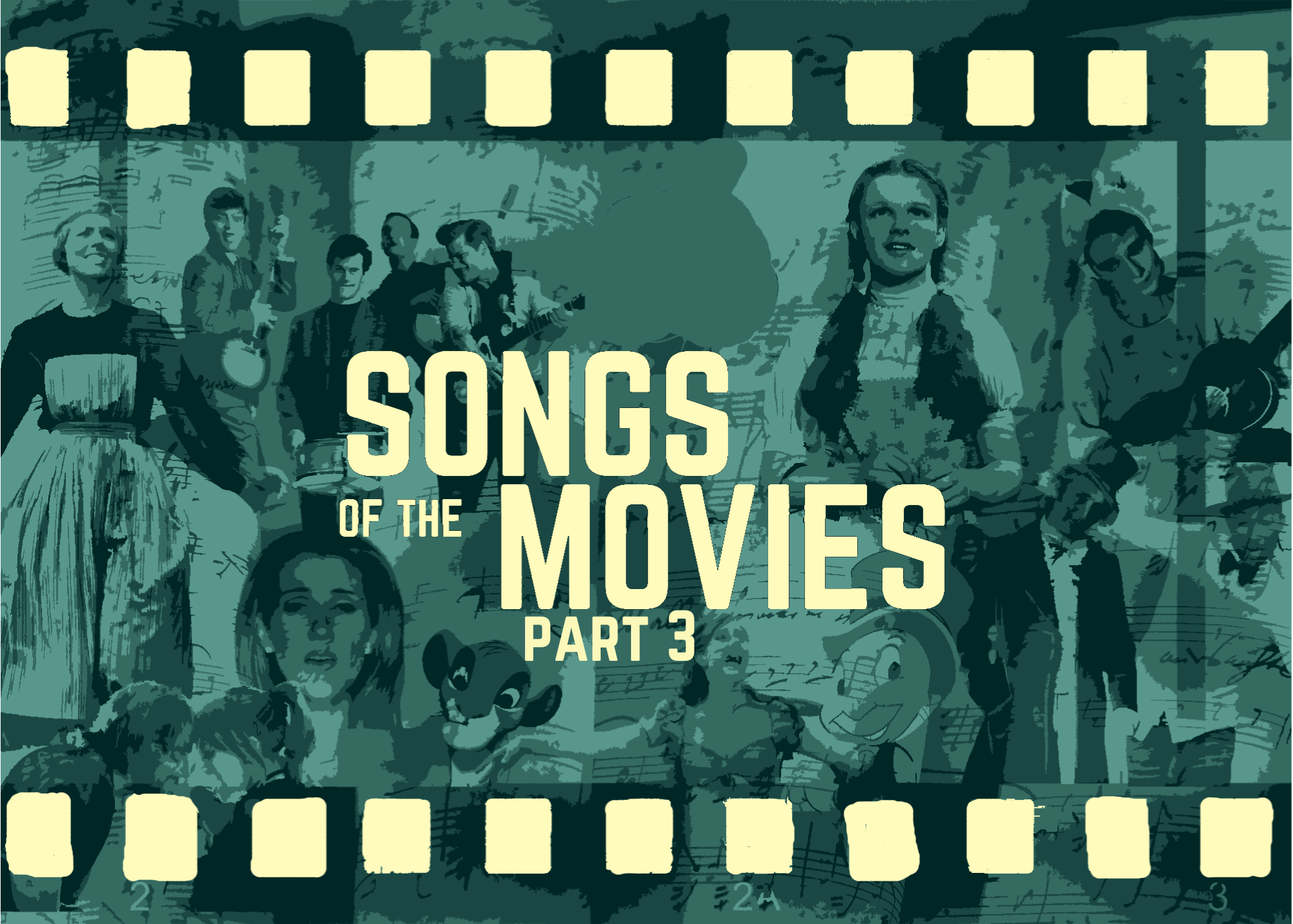
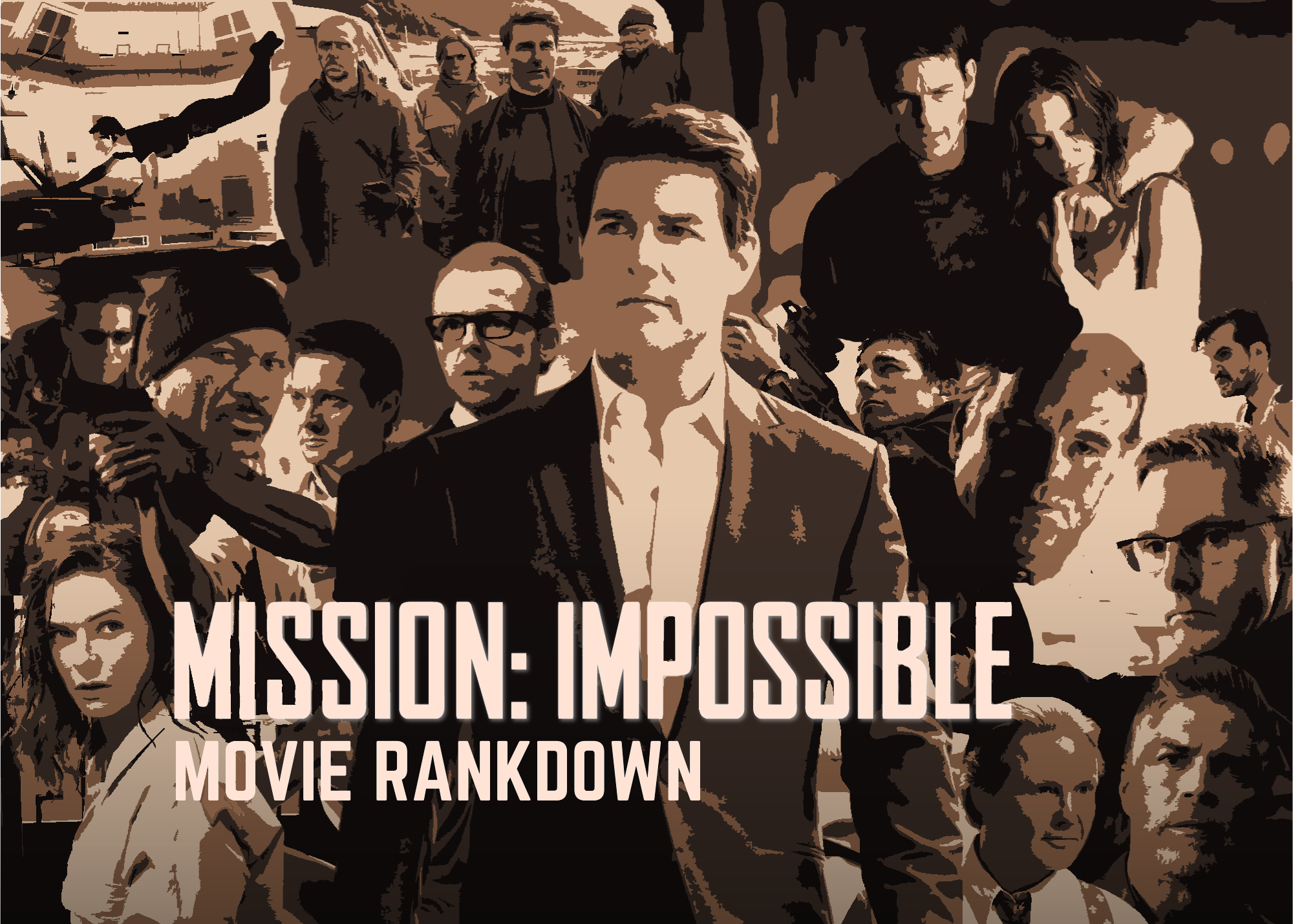



















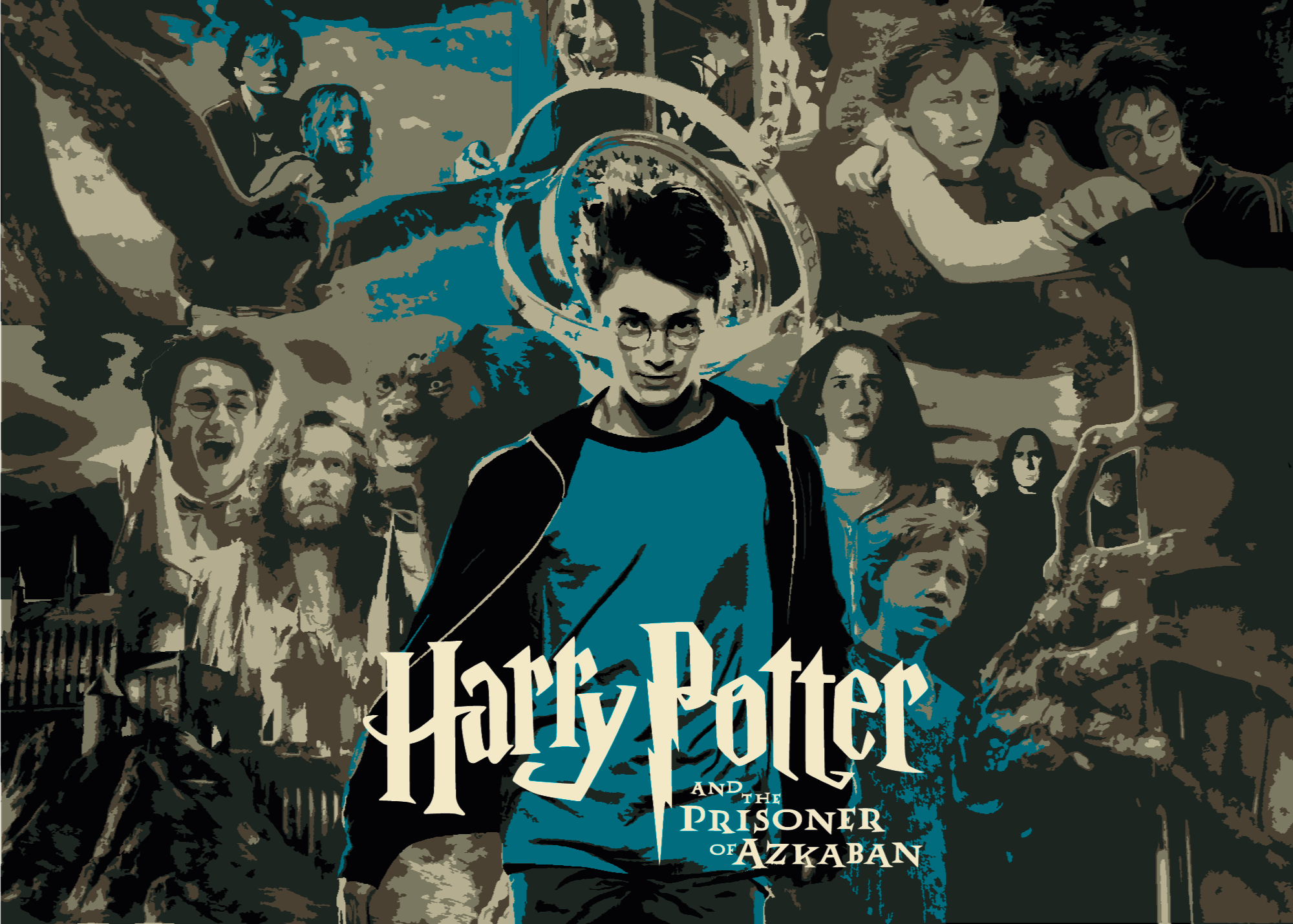














.png)






